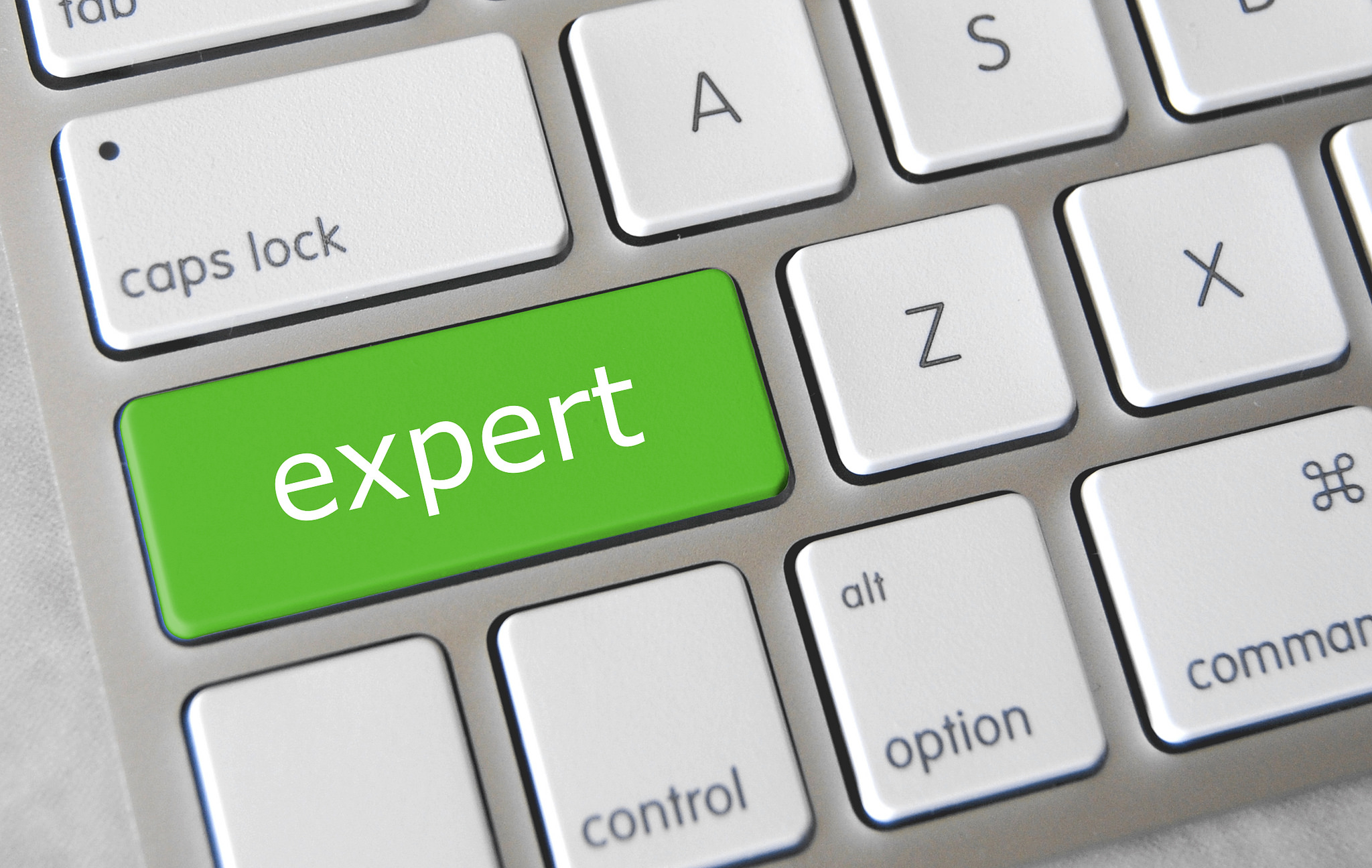If you’re the injured party in a personal injury lawsuit, the answer is generally, yes. Expert witnesses are an important and often a necessary part of personal injury cases. They may be crucial to introduce medical evidence, such as the cause of the injuries and the prognosis. Usually, witnesses can testify only about the facts and are not permitted to give opinions. For instance, an eye witness to car crash can testify that he saw the other car drive right past the stop sign without stopping. He cannot, though, testify that based on that observation, it is his opinion that the other driver must have been drunk or on drugs.
An exception to this rule exists in the case of an expert witness. An expert witness may give an opinion on a matter in which the witness has some special knowledge, education, skill, experience, or training. An expert witness may be able to assist the jury in understanding the evidence at trial. We often see doctors hired by the insurance industry who make their living as experts, hopping from courtroom to courtroom. There testimony is generally the same, i.e., the claimant may have sustained some minor sprains and strains, but he/she is fine now; they have no permanent injury; the findings on the diagnostic tests, such as MRIs, show degenerative changes, so therefore, any problems the claimant has are related to long-standing degenerative processes; the claimant’s problems are not related to the trauma; blah, blah, blah. Nevertheless, the defense medical experts are usually charming and very polished in their presentation and testimony, having honed it over many years. While the lawyers listening to their testimony have heard it all before many times over, it’s the first time the jurors are hearing it.
Some expert opinions need to be fleshed out before the trial stage. This is often done with a deposition. Here’s a really humorous example of deposition of an expert witness (not so polished and charming) taking a pretty extreme and lame position. It’s reenacted by professional actors.
For the lawyers out there wanting to know more: New Jersey Rule of Evidence (702) has three well-known prerequisites to determine whether the expert’s testimony is admissible: (1) the intended testimony must concern a subject matter that is beyond the ken of the average juror; (2) the field testified to must be at a state of the art such that an expert’s testimony could be sufficiently reliable; and (3) the witness must have sufficient expertise to offer the intended testimony. See Brenman v. Demello, 191 N.J. 18, 31, (citing State v. Torres, 183 N.J. 554, 567-68, 874 A.2d 1084 (2005). The burden of proving that the testimony satisfies those threshold requirements rests with the party proffering the testimony. See State v. Harvey, 151 N.J. 117, 167, 699 A.2d 596 (1997), cert. denied, 528 U.S. 1085, 120 S.Ct. 811, 145 L.Ed.2d 683 (2000).
By: Michael Raff, Esq.



